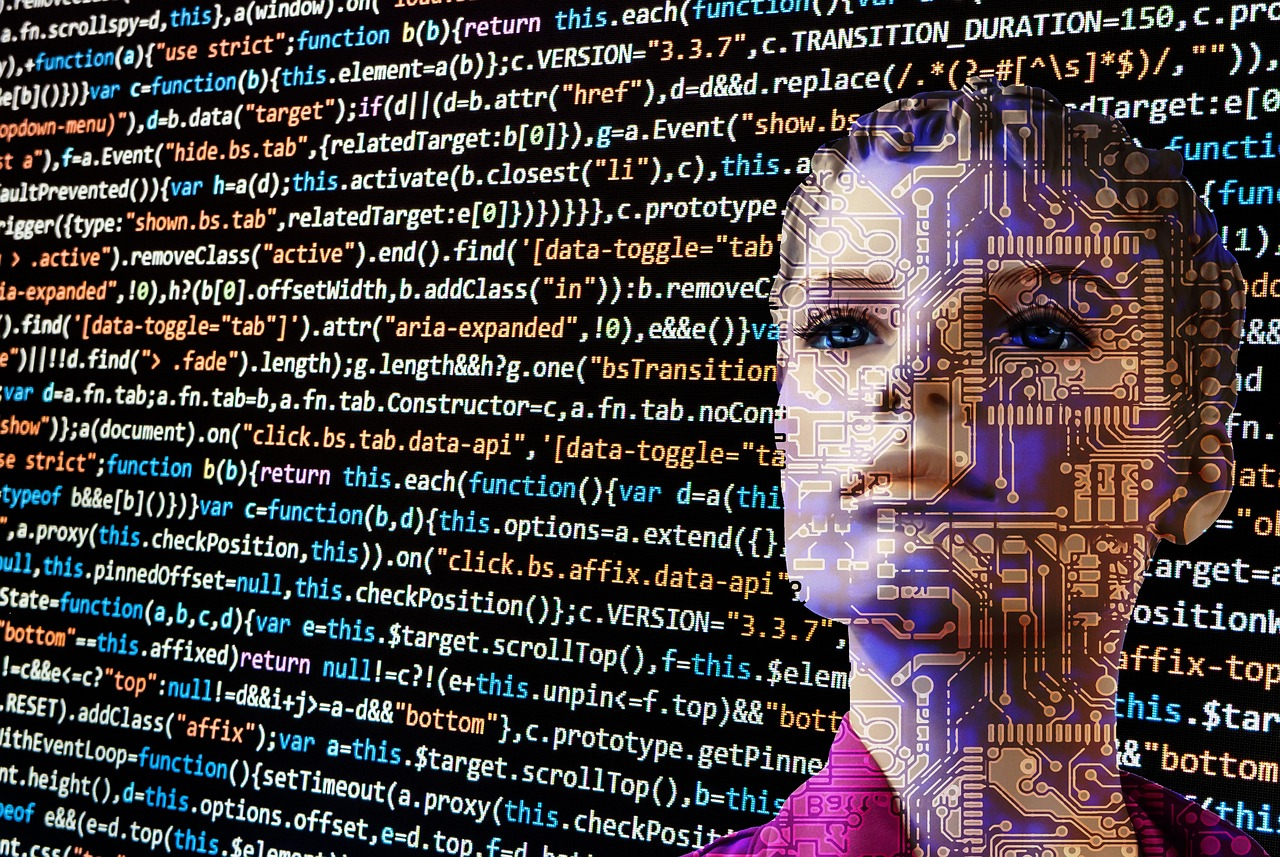How Academic Resources Can Aid AI Tool Development
Image Source: Pixabay
The rapid growth of artificial intelligence relies on vast amounts of data and carefully designed algorithms. As AI continues evolving, it benefits greatly from interdisciplinary insights.
Academic research, particularly, brings structured methodologies that help developers streamline complex processes. Universities worldwide contribute extensive study materials that can shape the foundation for cutting-edge artificial intelligence tools.
To explore this topic further, this article discusses how academic resources can aid AI tool development.
Enhancing Model Training Through Open-Source Datasets
Open-source datasets have become essential for AI development, allowing researchers to test and train models efficiently. Academics contribute large, diverse datasets that help simulate real-world applications, from natural language processing to predictive analytics.
Institutions worldwide publish structured data collections based on research, making them reliable tools for improving AI algorithms. Developers can fine-tune models using this publicly available information rather than relying solely on proprietary data.
Educational materials like IB study resources also help categorize and organize complex datasets. This structure improves AI training processes and speeds up the development cycle.
Providing Structured Problem-Solving Methodologies
Academic research excels in offering step-by-step frameworks for complex problem-solving. AI developers can adopt these strategies to navigate intricate tasks like refining neural networks or improving machine learning accuracy.
Professors and researchers develop detailed methodologies through years of experimentation and peer review. These approaches give AI projects a strong foundation, reducing trial-and-error processes during development stages.
Beyond technical benefits, structured academic techniques often focus on practical solutions grounded in theory. This balance helps bridge the gap between abstract algorithms and real-world applications when designing innovative tools.
Offering Peer-Reviewed Frameworks for Ethical AI Practices
Ethics in AI development often takes inspiration from academic guidelines, which emphasize fairness, transparency, and accountability. Researchers carefully analyze the societal impact of algorithms before recommending them for implementation.
Universities lead discussions on bias mitigation and responsible data usage. Peer-reviewed studies also provide trusted frameworks to guide developers in creating ethically sound tools that avoid unintended consequences like discrimination or misinformation spread.
AI practitioners can directly integrate these ethical principles into model design, ensuring their systems not only perform well but also uphold public trust in artificial intelligence technologies.
Facilitating Interdisciplinary Collaboration Between AI and Other Fields
AI's potential expands when combined with expertise from other academic disciplines. Collaboration between AI specialists and researchers in medicine, economics, or environmental science often sparks innovative applications.
Academic institutions encourage these cross-field interactions by organizing conferences, joint research projects, and interdisciplinary labs where ideas can merge seamlessly. The result is more comprehensive AI tools tailored to specific industry needs.
Access to research in fields like biology or engineering enhances the development of AI models that are both robust and applicable beyond just one domain of knowledge.
Supporting Algorithmic Refinement with Mathematical Research Insights
Mathematics underpins nearly every aspect of AI, from data modeling to optimization techniques. Academic institutions consistently push the boundaries of mathematical research, offering new insights that can improve algorithm efficiency.
Complex equations and statistical models developed in academic settings help fine-tune machine learning algorithms. Moreover, theoretical discoveries often translate into more precise computations for AI applications like image recognition or language translation.
Researchers also focus on solving real-world problems through mathematics. This ensures AI systems become faster and more accurate without sacrificing scalability across various industries.
Parting Shot
AI tool development doesn't thrive in isolation. Academic resources create a valuable bridge, connecting deep research with practical implementation.
From ethical guidelines to mathematical innovations, universities offer a wealth of knowledge that can sharpen the future of AI. Developers who tap into this pool position themselves at the cutting edge of technology while building tools grounded in solid academic foundations.
